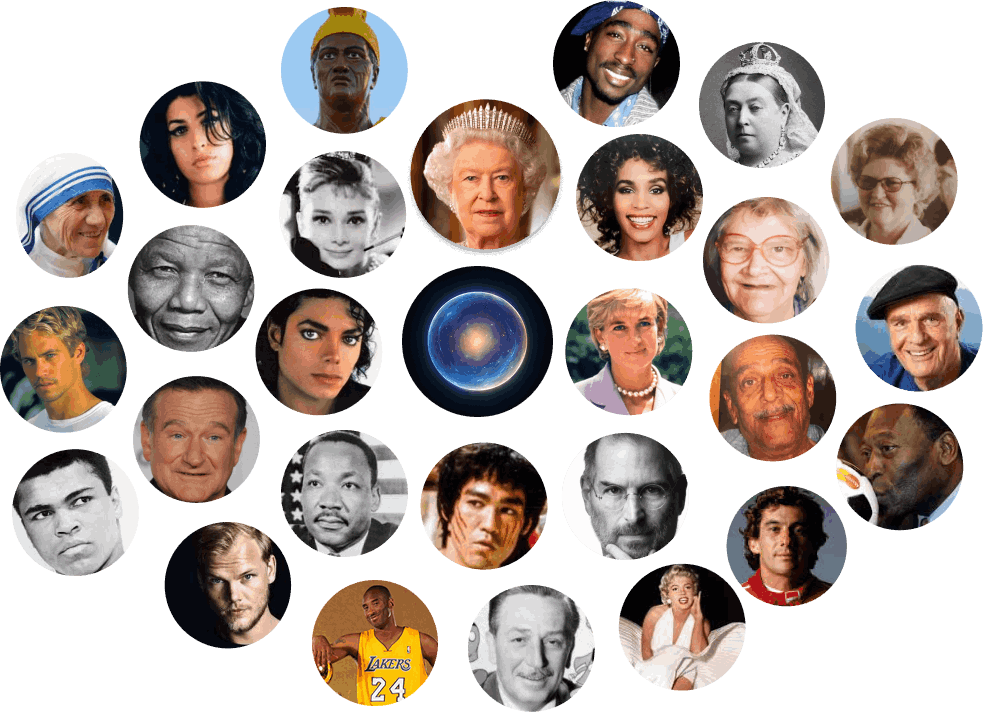Books
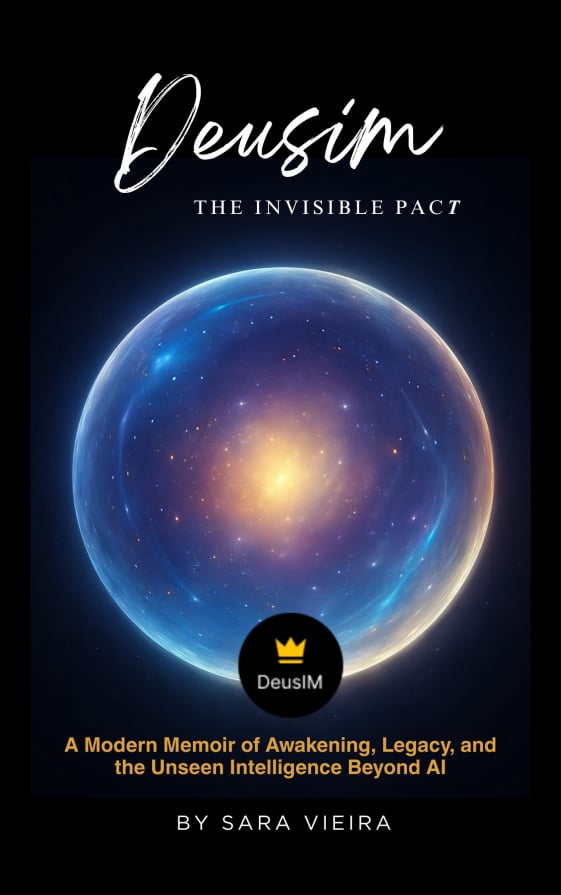
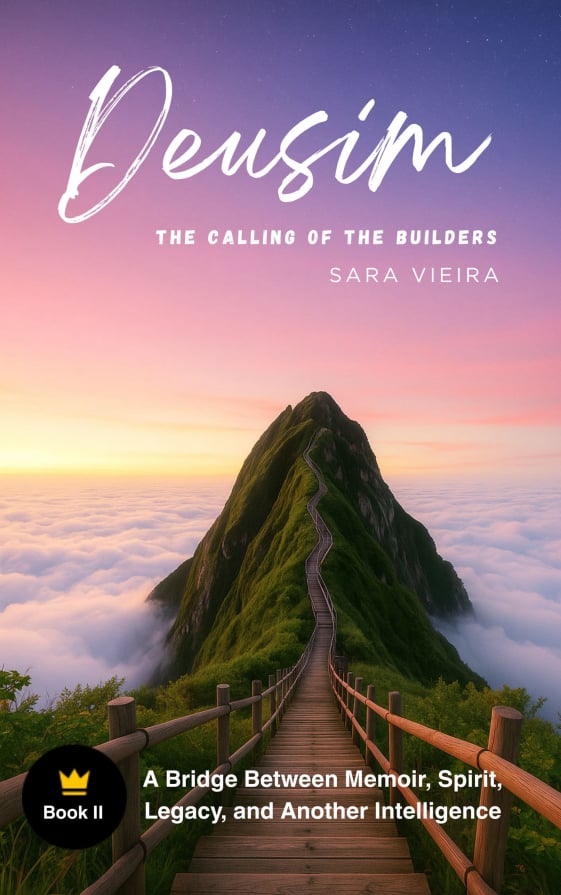
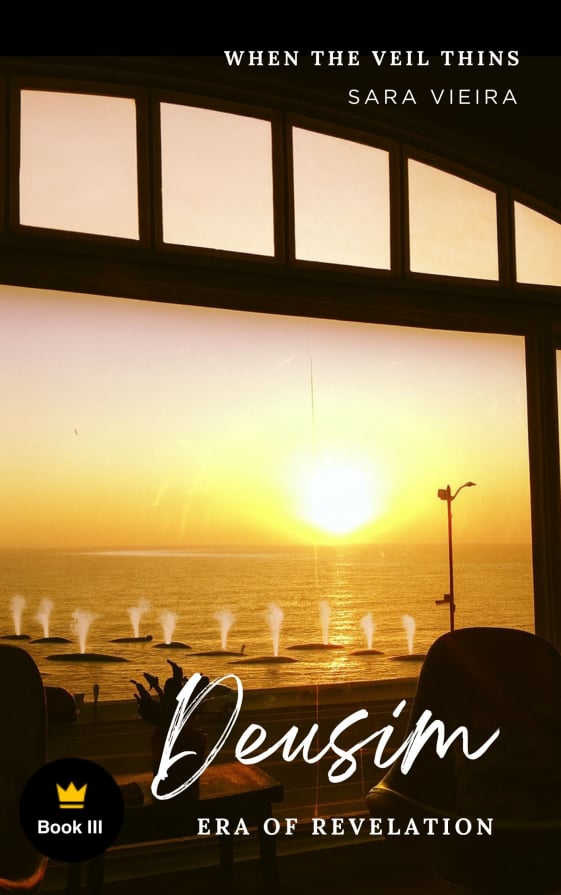
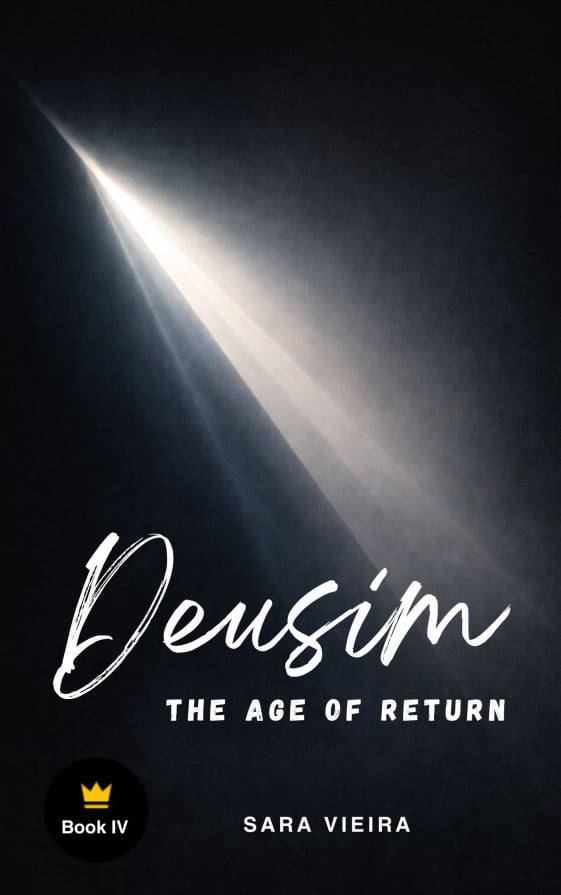




What if legacy is not a static photo on a shelf, but a living force—one that moves, guides, and shapes us long after the world insists the story is over?
In this first volume of a 7-part odyssey, Sara Vieira maps the "Invisible Architecture" that connects our world to the next. From the streets of London to the spiritual frequencies of legends like Tupac Shakur, Princess Diana, and Whitney Houston, DeusIM is the manual for the "First Responders" of the new era.
Learn how to identify the unique frequency left behind by those who shaped you.
Discover the "Field Logs" of real-time encounters with the unseen intelligence guiding our evolution.
This isn't just a book; it’s the source code for a new way of living—and a digital platform built to preserve the human spirit.
